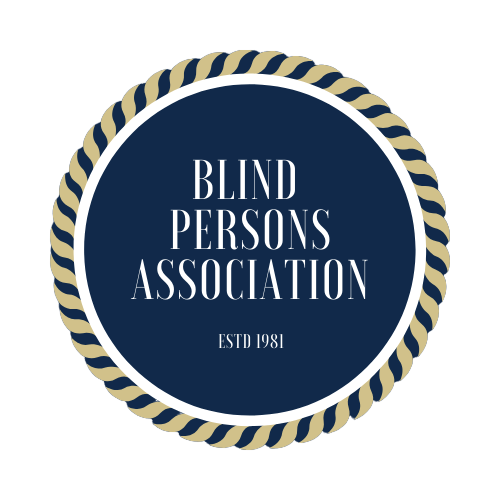- +91-95604-34635
- [email protected]
- Flat # 586, Sector 13 - A, Dwarka, New Delhi - 75
A Patch of Blue
All over the world about 285 million people are visually impaired. Around 39 million of them are blind and have lost their eyesight and its use. Around the globe, 82 % of the people above the age of 50 are subject to loss of eyesight. These are the statistics provided by WHO (World Health Organization) in the year 2010. These statistics not only show the graveness of the issue but also indicate the great amount of people who are subject to this blindness and it is not something that is restricted to a minority view. As per International Classification of Diseases 11 (2018) which groups impairment into 2 categories: near and distance in which visual acuity worse than 3/60 leads to blindness.
A few causes of loss of eyesight are uncorrected refractive errors (43%), cataract (51%), glaucoma, age related macular degeneration, diabetes, traumatic injuries and infections in the cornea or retina. A fewer causes of sightlessness is deficiency of Vitamin A, retinopathy of prematurity, vascular disease either in the retina or optic nerve, stroke, retinitis pigments, hereditary and chemical poisoning. The risk factors exist in 3rd world nations without access to modern medical care. The causes in such circumstances are poor prenatal care, premature birth, advancing age or poor nutrition.
All over the world about 285 million people are visually impaired. Around 39 million of them are blind and have lost their eyesight and its use. Around the globe, 82 % of the people above the age of 50 are subject to loss of eyesight.
When people are asked about what challenges they feel blind people face, the answer is pretty obvious. Basic challenges faced by them are navigation difficulties in environment and space, restriction in physical movements, hardships in unfamiliar places. Social challenges faced by them are that they cannot easily socialize as their participation is restricted. Their work ability to perform is limited thereby impacting their career which indirectly affects their finance and self esteem. Emotional health deteriorates due to limitation in performing recreational activities. Limitations in technology and use of media and internet also affect their individual performance. There is always a need for them to rely on someone or something throughout their lives. A notion of sympathy prevails with a need for dependence.
There exist legal provisions which aid and support people who are blind. Legal provisions such as Rights of persons with Disabilities Bill, 2016 states the responsibilities government has towards blind people providing them with effective measure to enjoy their rights. This bill provides other benefits such as reservation in government jobs, higher education assistance, providing schemes. Along with that it also imposes penalties for offences against violation of them which are resorted to special courts with free legal aid.
Provisions in the legal aspect consist of improvement in the infrastructure of Braille use, tactile communications and signs along with accessible media and technology. The Constitution of India provides aid to the blind along with reference to judgments by CCPD (Chief Commissioner for Persons with Disabilities) & NHRC (National Human Rights Commission). The Equal Opportunities, Protection of Rights & Full Participation Act (The Persons with Disabilities 1995) along with The Rehabilitation Council of India Act, 1992, Disability Discrimination Act, 1995 and UN Convention on Rights of Persons with Disabilities, 2007 is some of the legal support provided.
In spite of all the statistics known and provided, the challenges known and the legal provisions available this aspect is not looked at with the same perspective. The first thing that comes to one's mind after hearing the word 'blind' is sympathy but what after that? The legal provisions are provided but till what extent are they implemented. Despite restrictions so many blind people have attained heights and achievements in their life. Ravindra Jain who was born visually impaired and decided to follow his passion and became a great music director. Shekar Naik with his strong will power and dedication, he became a T20 Blind Cricket World Champion and has 32 centuries to his name.
Many documentaries, articles and other media promote the well being and difficulties of blind people but how exactly does it help. If people are well aware of this but do not take any action or step to devote some time for their well being no amount of knowledge can help. A few activists or a few NGOs helping would not suffice; people need to help out the blind people which would indirectly cause the country's economy to boost. An insight into their world and a feeling of empathy and humanity in this tech world would surely help in taking a small step to assist their needs. These small steps would lead to a larger change. Knowledge of them, their needs and requirements would not be of use unless implementation of the knowledge takes place. Application of knowledge and legal provisions can be done by spreading the message most and increasing the horizons of vision.



